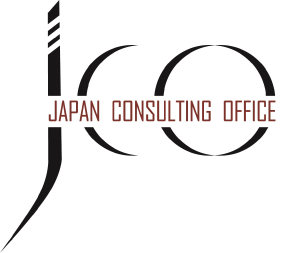We often hear that Japan has a culture of shame (vs. guilt in the West) This affects many areas of work and life, as to how you are perceived by your neighbors, your colleagues and your clients is extremely important. The focus of this article on Japanese business culture is how this concept of shame for the Japanese can result in shame by association and the consequences it may have.
A well-known example was in February 2019, when one of the Japanese voice-over actors for the Disney animated film “Frozen” was arrested for cocaine use. No drugs were found, but a blood test was positive. As a consequence, Disney Japan immediately withdrew all DVD copies of “Frozen” from the shelves until another actor could be found. As well, the company Sega withdrew all its newly released computer games in which the voice of the actor was used.
Although there are enough expressions of shame and embarrassment in English, it cannot simply be translated by “that was really embarrassing” or “I have embarrassed myself completely”. This embarrassment is unpleasant in the short term but usually has no further consequences.
In Japan, the concept of the “face” is much more far-reaching, since one’s “face” (in Japanese “Kao” or “Menboku“) represents the social identity without which one can not stand in front of other people. If that identity is damaged, that’s a big problem, regardless of whether you’re responsible for it or not.
In our example, any association with this actor would be perceived as extremely negative for one’s reputation. It was therefore considered necessary for the company to separate itself from the scandal.
Equally, the concept of shame applies also to employees of a company, who are representing their companies even outside of working hours or during holidays. Any misconduct outside the company will have a negative consequence on the company’s reputation. For example, someone who is arrested by police for driving drunk (or any other offense) during the weekend in Japan, will most likely be called by the company on Monday morning and be reprimanded.
As explained by Aska Tsuchiya, a Japanese trainer at JCO:
“Employees and the company share a collective social identity whereby the former must live up to, and in doing so, maintain the reputation of the latter. Hence, an employee committing an illegal or socially questionable act would damage the reputation of the company, and therefore, be reprimanded by the company as well. The more reputable the company is, the more likely the media will reveal the company name in reporting when its employee does something bad. And this no matter when and where it was done because the collective social identity does not turn on or off depending on whether the person was working or not. That is why Japanese companies care a lot about their reputations and try to remain “clean” as nobody wants to deal with those that are not, be it as a supplier or a client. A sort of “bad apple” by association.”







